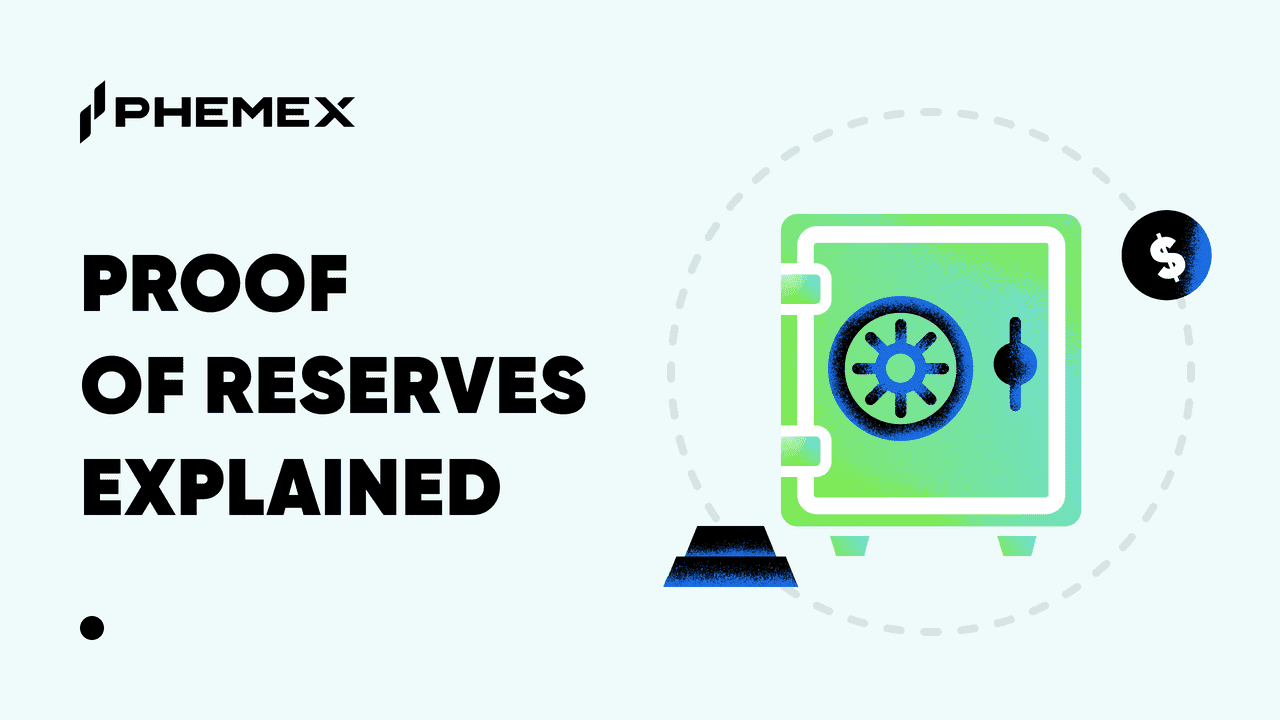The invention of the blockchain has given rise to some amazing innovations such as decentralized finance, NFT collectibles, and an internet currency system that isn’t beholden to any particular nation state. However, despite the transparent nature of blockchain, its enabling of anonymous transactions has fostered many scams perpetrated by fraudulent actors who see the technology as just a way to grab a quick buck. While the crypto industry has gradually matured to be seen today as a legitimate asset class by global financial institutions and even governments, the early days sometimes truly felt like the wild west. Whether orchestrated by malicious actors or simply caused by coding vulnerabilities, here are some of the most significant scams in the history of crypto so far.

Bitconnect
BitConnect was a company, an exchange, and an open-source cryptocurrency based on Bitcoin. Launched in February 2016, it quickly rose to prominence, becoming one of the most successful cryptocurrencies in terms of price until early 2018. It reached an all-time high of $463 per token and achieved a market capitalization of approximately $2.7 billion.
The scam worked by encouraging users to exchange their Bitcoin for BitConnect Tokens through the platform's exchange, and they would earn daily profits in the form of dividends. The profit percentage is influenced by the number of people the user refers to join BitConnect and the quantity of tokens that the user holds. At the time, Bitconnect asserted that users could earn approximately 1% of their initial investment daily, equating to an annual profit of around 3,780%. BitConnect also claimed that these profits are generated through a proprietary investment algorithm designed to buy Bitcoin at low prices and sell at high prices.
Soon after hitting its all-time high price, the company was issued cease-and-desist orders by securities regulators in Texas and North Carolina. In response, the company chose to shut down the exchange, leaving users unable to withdraw funds and instantly crashing the project’s value. Needless to say, it was a classic ponzi scheme that depended on later investor funding to pay out the initial investors. The Bitconnect fiasco constituted a total financial fraud of around $2.4 billion. Its collapse contributed to the decline of the ICO narrative and was a catalyst for the 2018 crypto bear market.
OneCoin
OneCoin is often regarded as one of the biggest cryptocurrency scams in history. Founded in 2014 by Dr. Ruja Ignatova, a Ph.D. in private international law, the project was promoted as a "Bitcoin killer." Ignatova gave speeches at packed venues, including Wembley Arena in Britain, and built a cult-like following around OneCoin. However, OneCoin wasn’t a cryptocurrency at all—it was a multi-level marketing scheme. The company sold "educational packages" on financial topics, which granted buyers the ability to "mine" OneCoin. These packages ranged in price from $100 to $100,000, with higher tiers offering access to more tokens.

Unlike legitimate cryptocurrencies, OneCoin wasn’t built on a blockchain. Instead, it was coded in SQL, allowing the data to be altered without a trace. Astute readers should immediately recognize that this defeated the entire purpose of crypto — which emphasizes decentralization and immutability. Additionally, OneCoin could only be traded on its internal "marketplace," which was frequently under construction, capped trading amounts, and made it difficult to exchange OneCoin for fiat currency like the Euro.
Dr. Ruja Ignatova, later dubbed the “Cryptoqueen,” amassed a global following of over 3 million members by 2017. However, law enforcement began investigating the scheme, leading to arrests of organizers in various countries. The main OneCoin website was shut down in 2019. In late 2017, Ignatova fled Sofia, Bulgaria, on a flight to Athens, Greece, reportedly taking $4 billion of investors' money. She has been missing ever since.
Squid Game ($SQUID)
While it may not be nearly as large in monetary scale as the previous two scams, with the recent release of Squid Game season 2 on Netflix, it should be interesting to recap the ludicrous Squid Game token scam that occurred during the 2021 bull mania. In November of that year, the $SQUID token appeared suddenly on PancakeSwap. It was promoted as a "play-to-earn" cryptocurrency for an upcoming Squid Game-inspired video game. However, there were glaring red flags:
-
On Telegram, users were unable to comment on posts.
-
The project's whitepaper was riddled with grammatical errors and typos.
-
When traders tried to sell their holdings, they found out the developers required conversions into an obscure token that entailed an essentially impossible process. Basically you can only buy $SQUID, but you can’t sell it

Despite these concerns, $SQUID surged to an astonishing $2,800 per coin. Even Fortune magazine covered its rise, speculating that its value was fueled by rumors of a potential listing on Robinhood. Then came the rug pull. In mere seconds, the developers disappeared, taking $3.3 million with them. To this day, the identities of the developers remain unknown, and no one has been held accountable for the scam.







